Researchers uncover how malaria infiltrates the blood–brain barrier and contributes to disease severity.
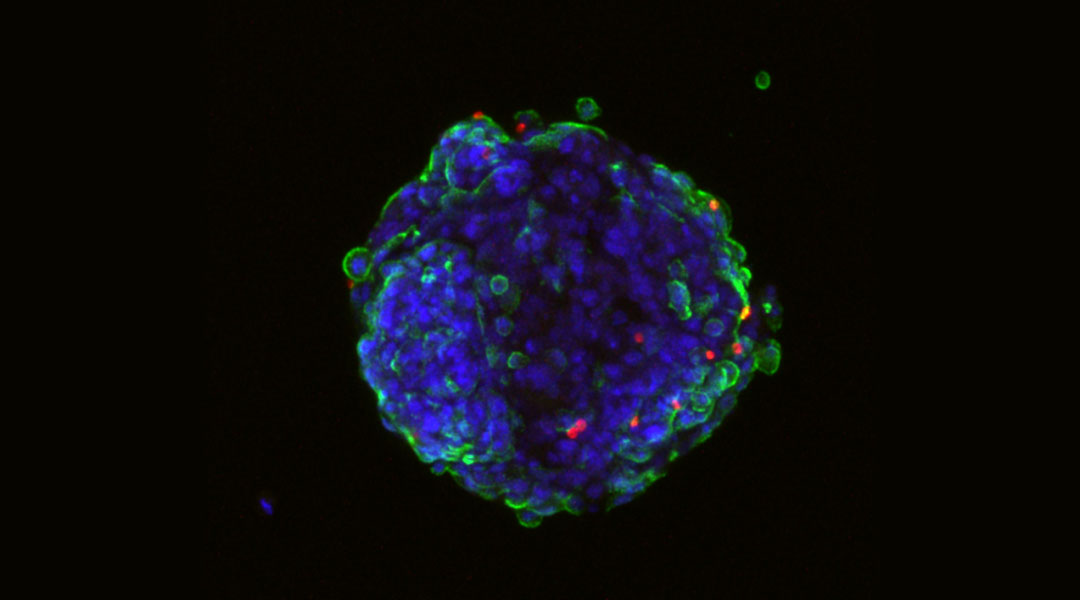

Researchers uncover how malaria infiltrates the blood–brain barrier and contributes to disease severity.
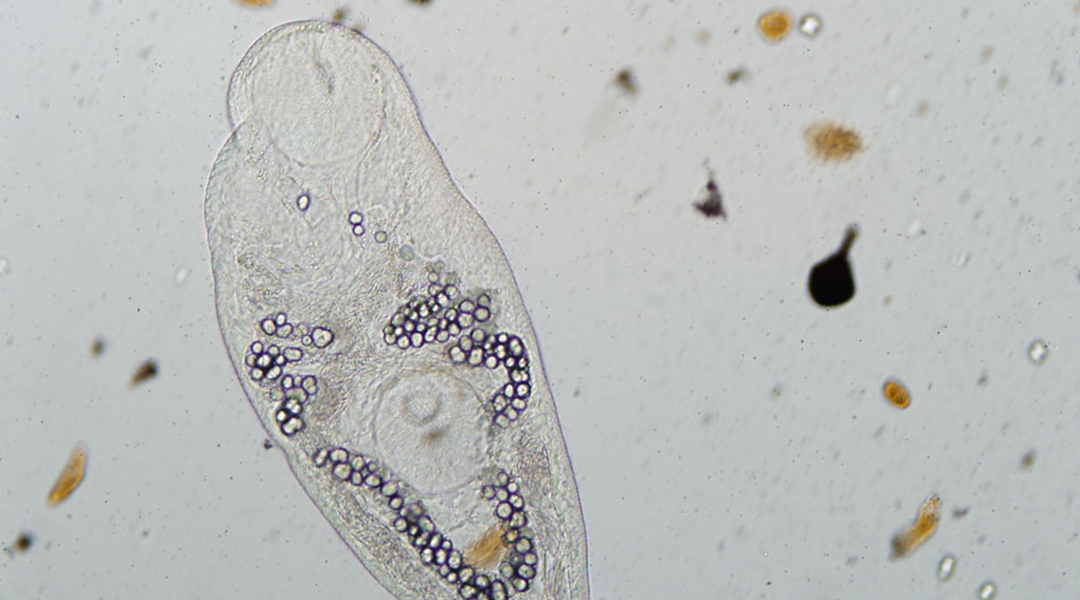
Parasites serve critical ecological roles, like regulating wildlife, and yet are mostly left out of conservation activities and research.

A cost‐effective, automated parasite diagnostic system that does not require special sample preparation or a trained user.

Forensic science may soon harness these blood-sucking pests, analyzing the blood they feed on to link suspects to crime scenes.
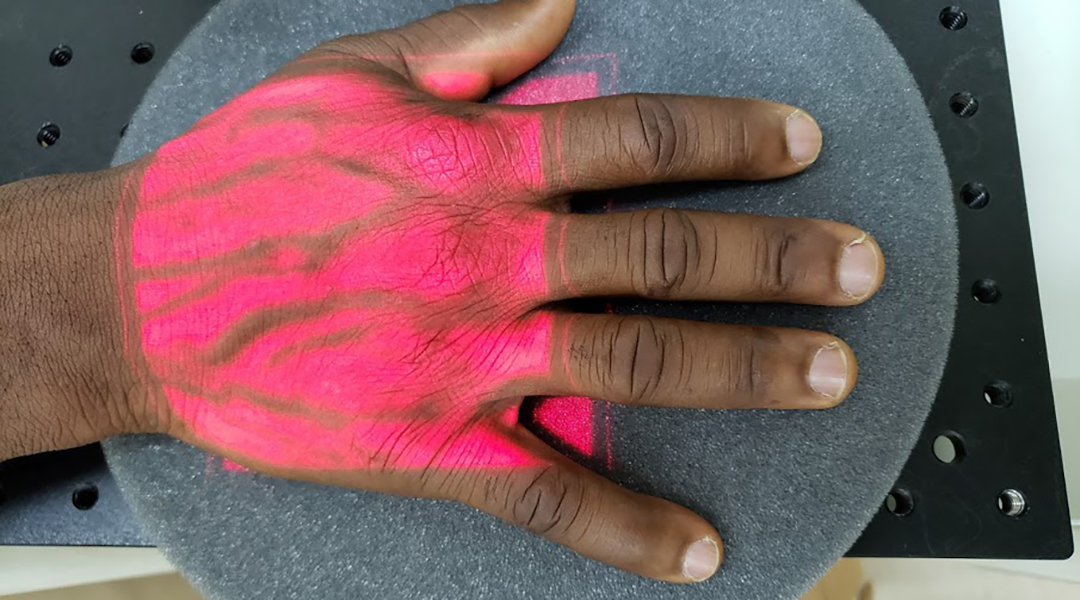
A non-invasive test uses a combination of lasers and ultrasound to detect red blood cells infected with malaria parasites with acoustics.

Researchers have discovered that a protein produced by parasitic worms in the gut enhances wound healing in mice.
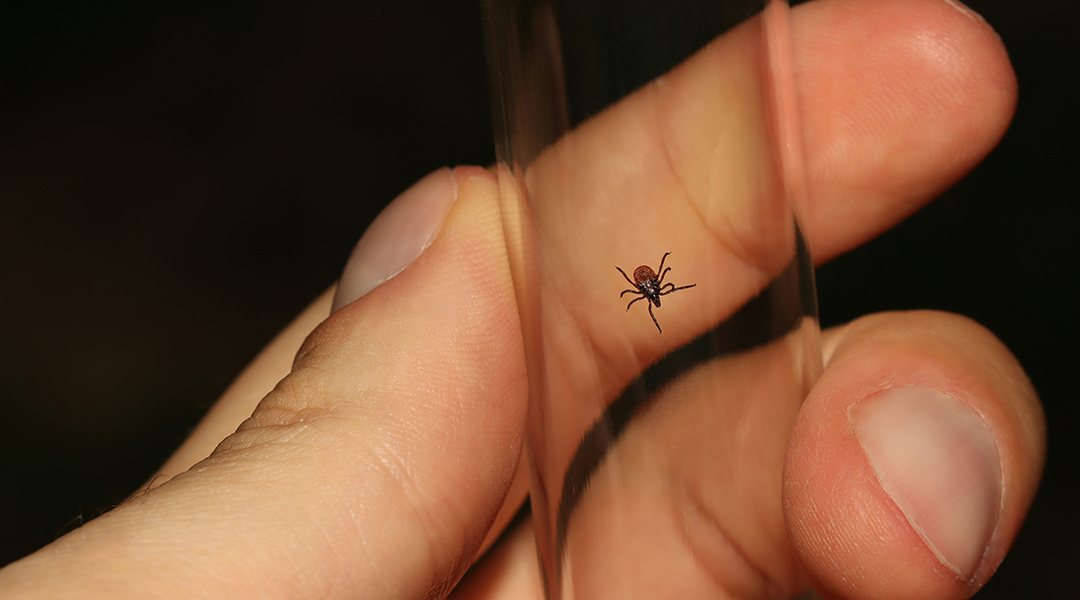
An allergy to red meat known as alpha-gal syndrome is brought on by tick bites and is becoming a global issue.
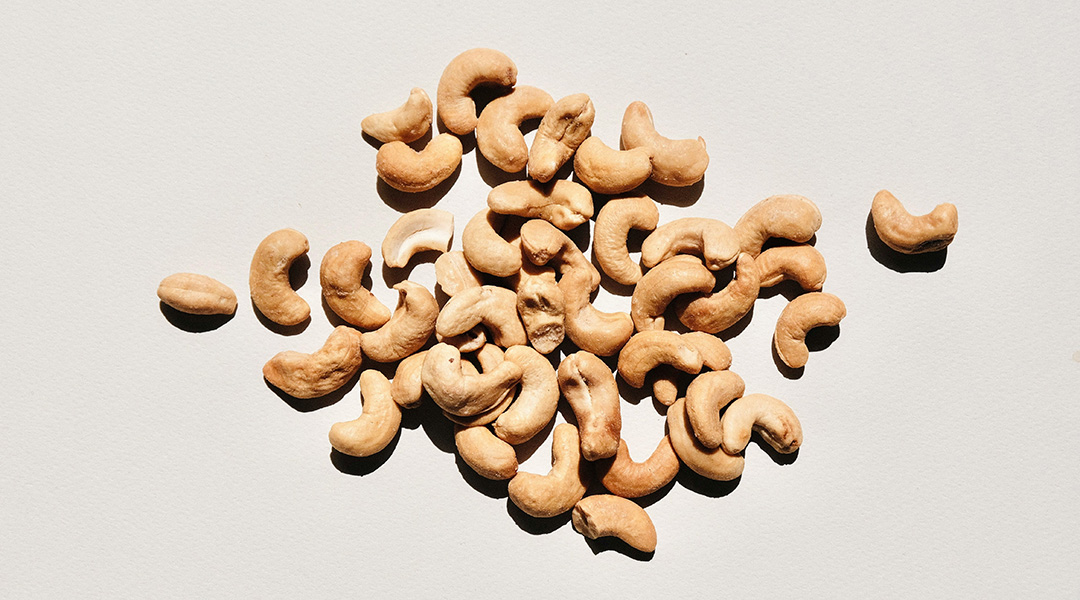
Encapsulating allergens in nanoparticles was found to reprogram the immune system, suppressing severe reactions to food allergies.
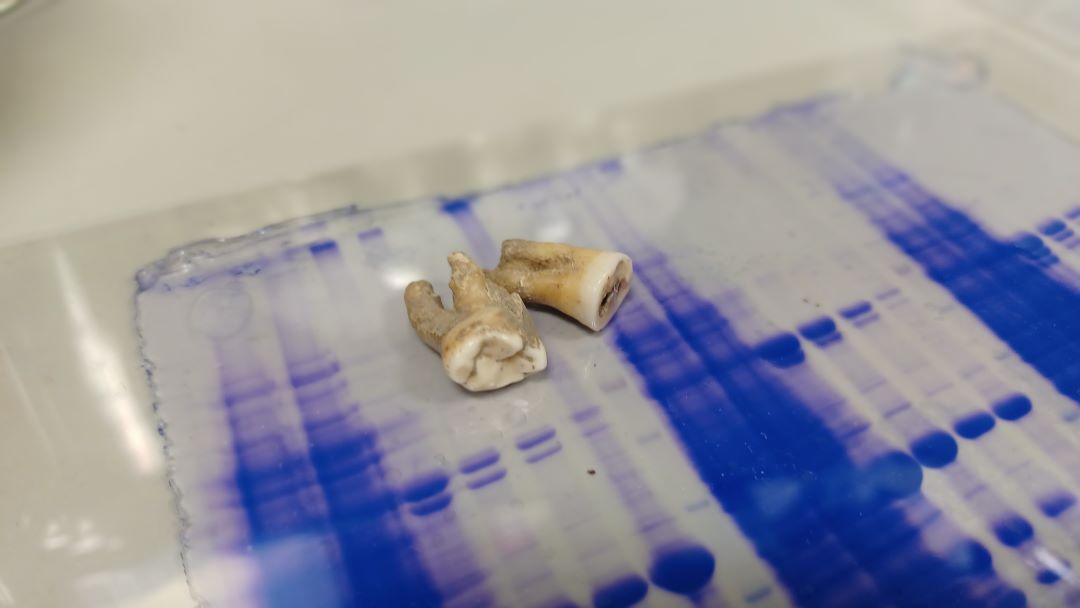
Research teams from the UK have isolated antibodies preserved for 800 years in ancient teeth and found they are still able to bind viruses that infect humans today.

A new AI diagnostic tool uses microbiome data and lifestyle factors to predict risk of multiple diseases, ushering in a new era of personalized healthcare.